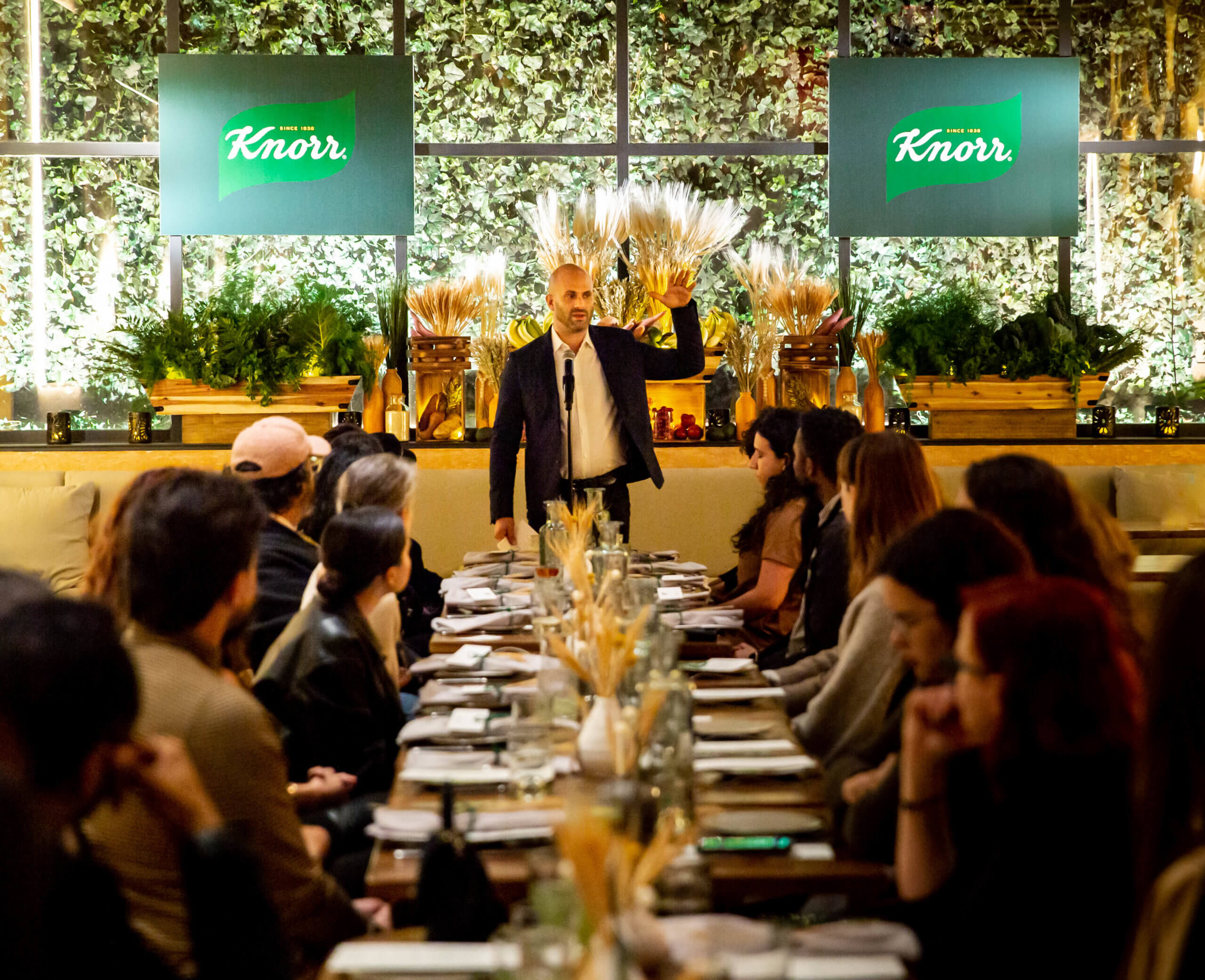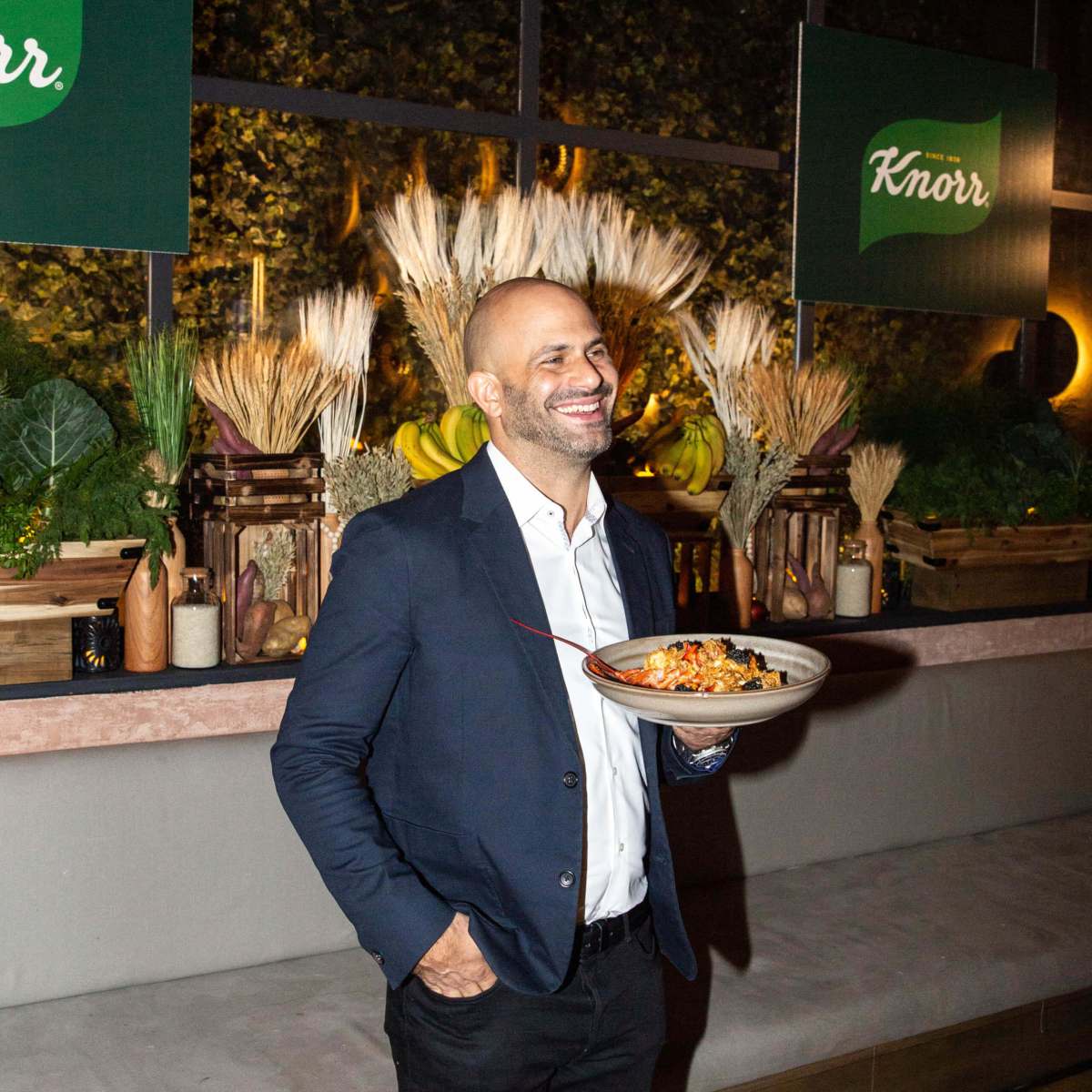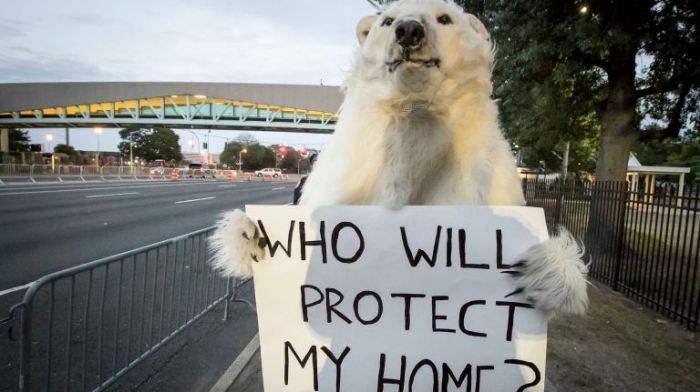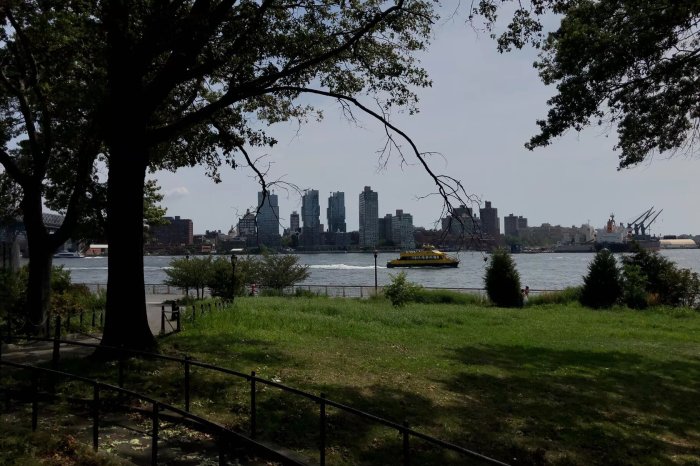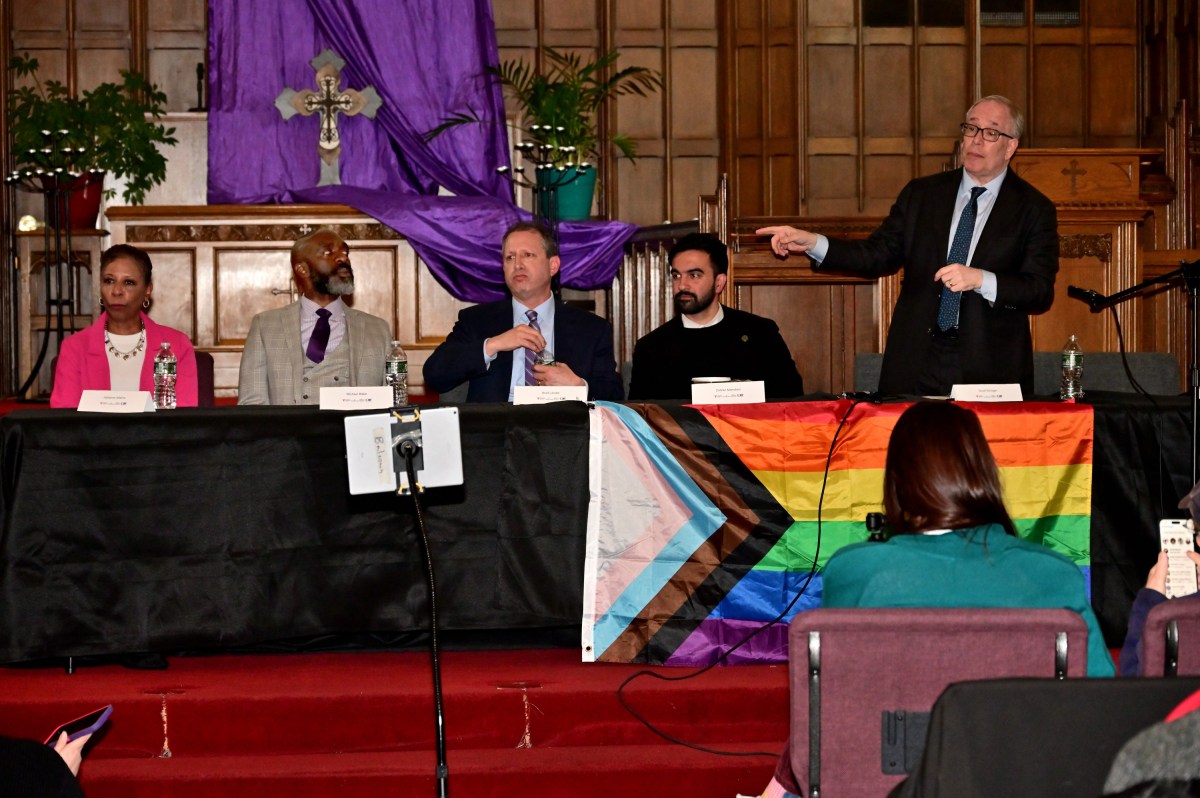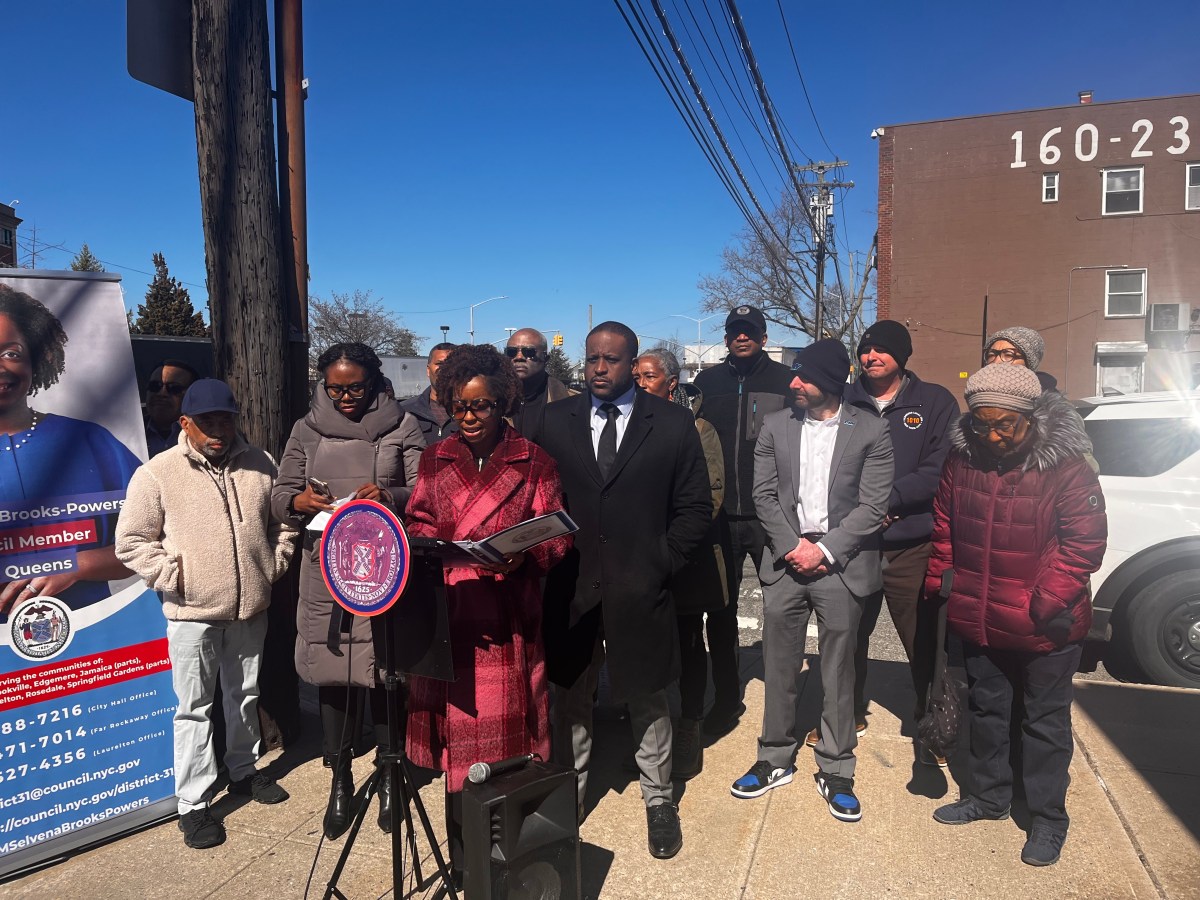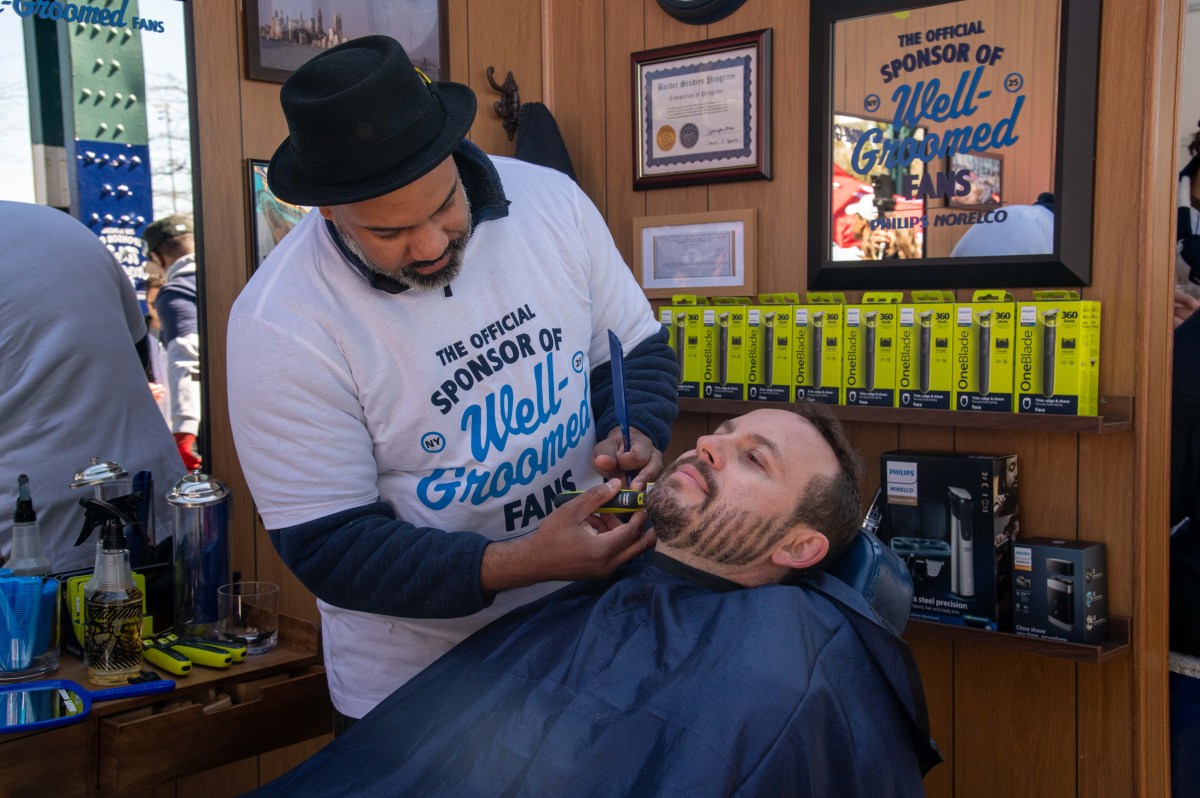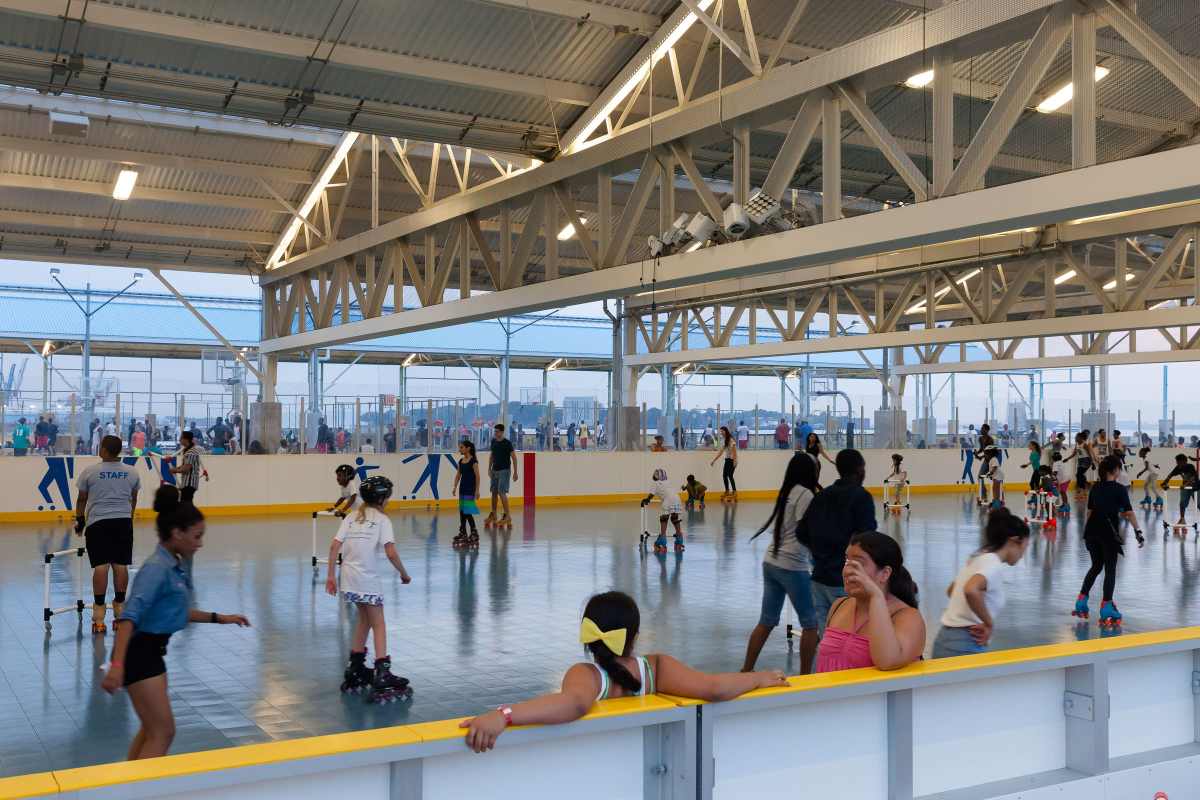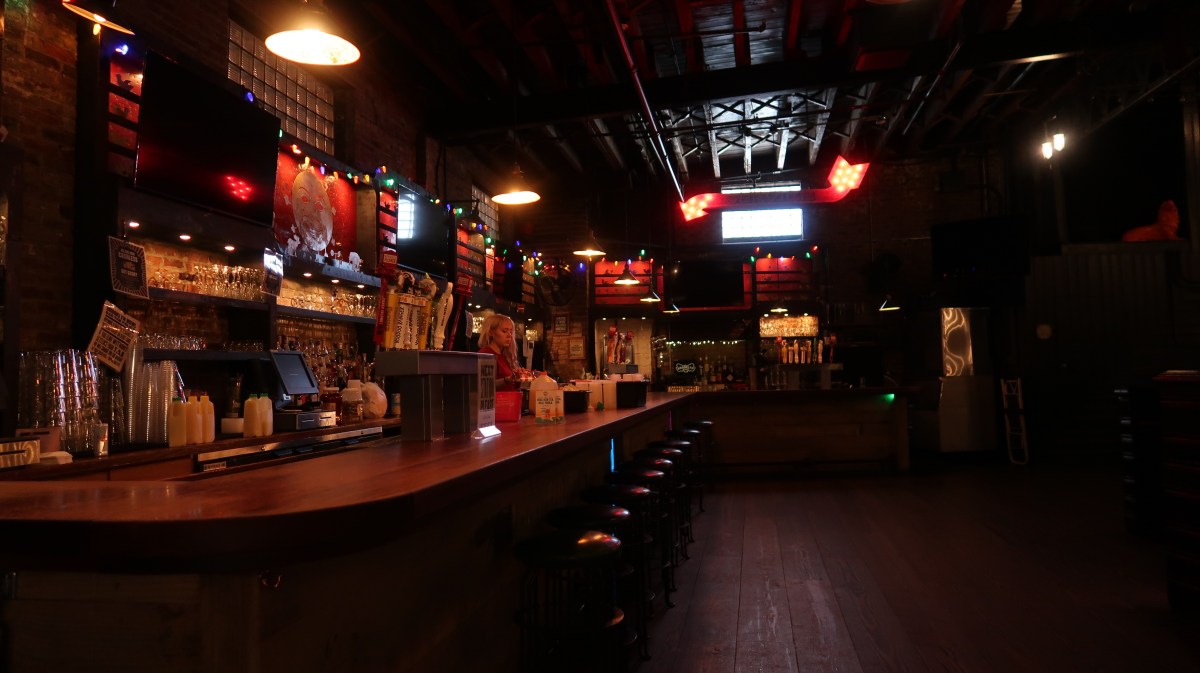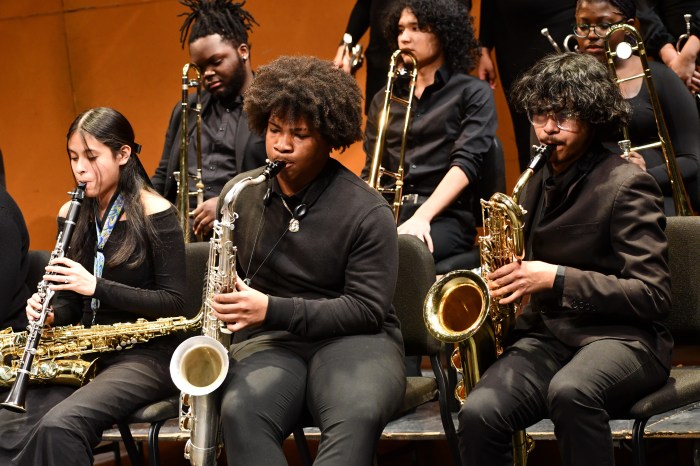A special event in Tribeca explored the importance of regenerative farming and its effect on our food.
Ahead of World Soil Day on Dec. 5, Former White House Chef and Senior Policy Advisor for Nutrition Policy Sam Kass teamed up with the company Knorr, whose mission is to bring delicious and accessible foods to its customers, to host “The $500 Dinner” at Casa Carmen on Nov. 30. The night aimed to show that what’s on our plates now will be a delicacy in just a few decades if regenerative agriculture practices aren’t widely adopted.
“The dinner you are about to eat costs $72 tonight. In 2050, this exact same meal will cost $566 as the ingredients that we rely on become even more scarce,” Kass.
The night featured a menu of Arroz del Mar, Knorr Spanish Rice with seafood and Arroz de la Tierra, Knorr Mexican Rice with truffles, plus various appetizers and churros for dessert. Over the course of the evening, Kass and Gina Kiroff, Marketing Director for Knorr North America, discussed how these ingredients that we use daily could become a rarity if we don’t start to adopt regenerative farming practices.
“Food is love. Food is how we express ourselves. And if we stay on our current path, our kids and grandkids won’t be able to enjoy what we’re eating here. Tonight is all about two things: understanding the role of food and agriculture to climate change and committing to an accessible future of food,” said Kass.
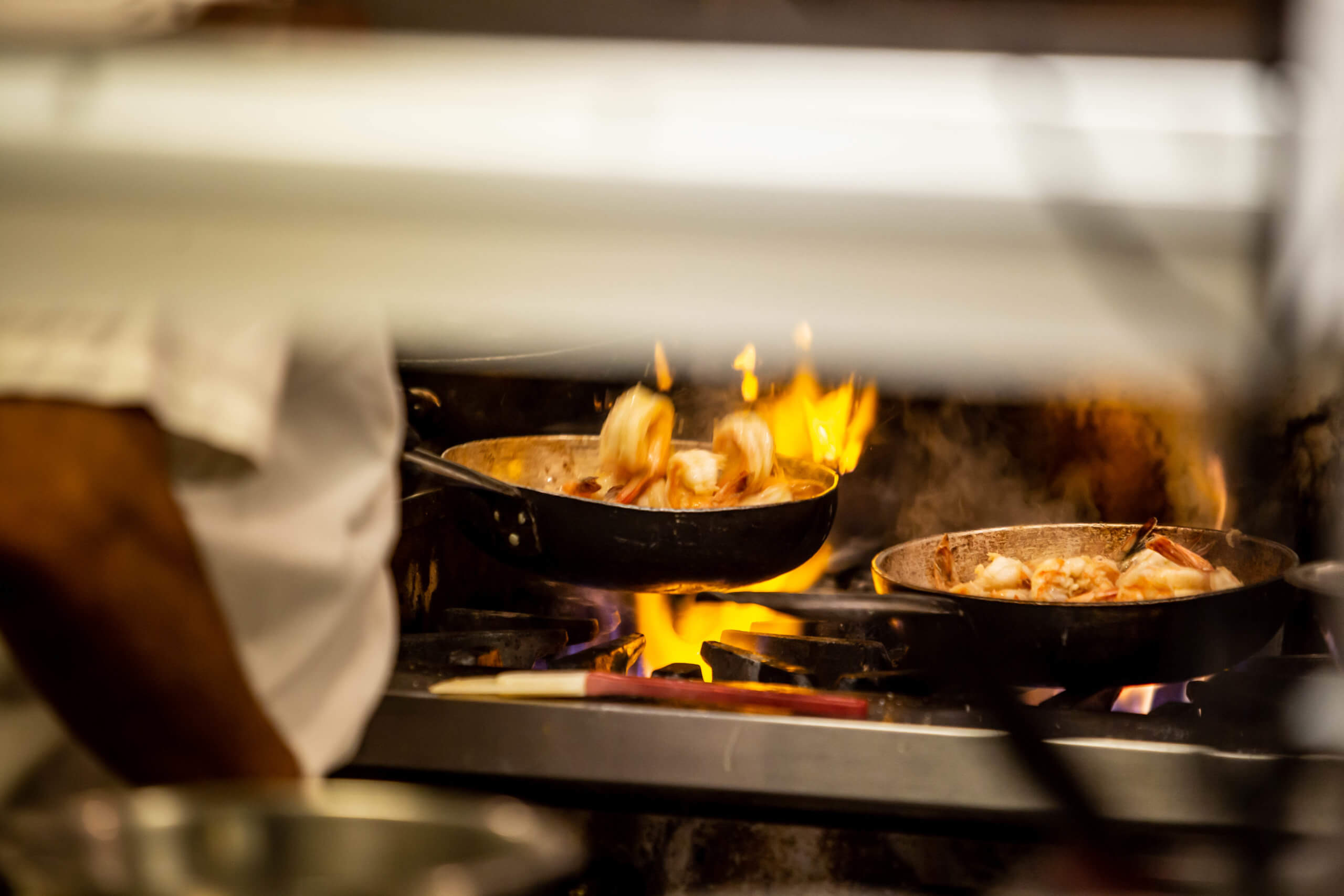
In a conversation with amNewYork Metro, Kass and Kiroff discussed the importance of food and how it impacts our ecosystem. For one, regenerative farming and sustainable farming are not one and the same. According to Kass, regenerative farming practices focus on the health of the soil — such as eliminating fungicides that kill all living things (good or bad) in the soil — while sustainable farming doesn’t have a standard definition.
“I took this role this summer in July and I’ve been working in the food industry for many years. But until I got onto this role, I understood sustainable farm practices where more on how we’re trying to protect soil, not really regenerative agriculture,” said Kiroff. “As I was learning more and from speaking to people like Sam and industry experts, this is a huge wake-up call and I wouldn’t expect our ordinary consumer to understand it. It’s quite complex.”
“There’s no definition of sustainable farming. Sustainable kind of implies that we can keep doing it as we’re doing it forever,” said Kass. “Regenerative really looks to build the health of the ecology of the land, particularly focused on the health of the soil. So practices that result in high levels of carbon, more biological activity, better water retention, more biodiversity.”
As a result of richer soil to grow food in, not only are the food’s nutrients higher, but it has a better impact on the environment as a whole.
“I think there’s been a lot of awareness around the connection of health and food. I think what’s emerging is that connection on what we eat and its impact on the planet. I think it’s more nascent. I definitely think it’s changing pretty quickly, I think young people increasingly understand it more than old folks like myself,” said Kass. “But I think given the vital role that food plays in our ability to survive in the future, I think that will continue to change and change more quickly when you start to see more droughts, more floods, more fires and start to see the impact of, this is not on the shelf or prices are going up.”
Meanwhile, adding regenerative farming practices can help ordinary consumers feel more confident about the quality of their food and where it’s coming from.
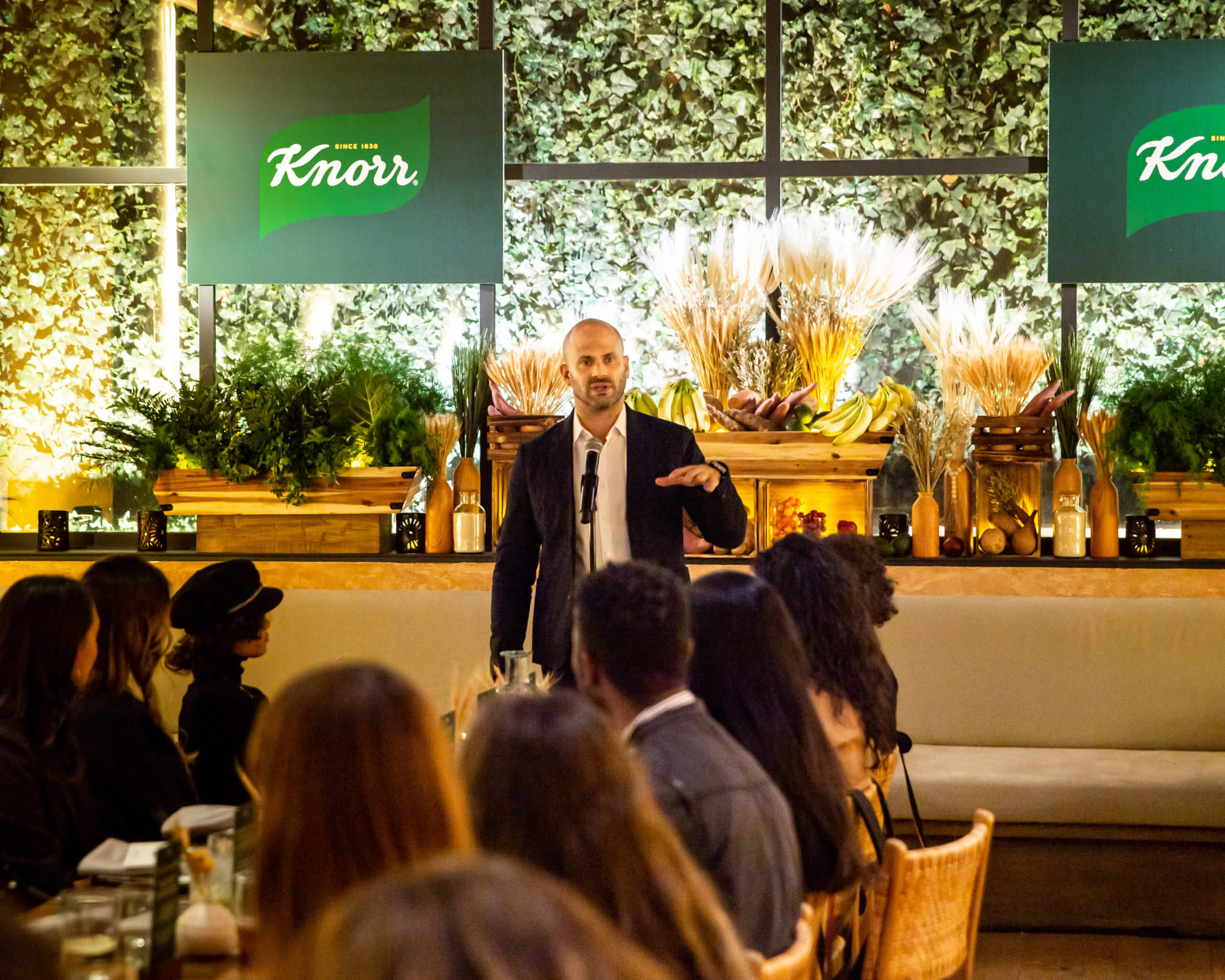
“We lost a connection to our food over the years and it’s a life skill. Food literacy, nutrition, meal planning, knowing where your food comes from is important so you know the value of it and we can pass on that education to our children,” said Kiroff. “You need to understand what you’re eating, what the nutrient value is, what you’re providing to your kids, and we as a food company feel a responsibility to ensure that Americans eat delicious nutritious and accessible food.”
“I don’t think you necessarily need to know where every you eat has come from, but understanding the connection between what you eat and its impact on your being, your health and what you eat and the environment, the planet we live on, is really critical,” said Kass. “Having enough knowledge to eat in a way that takes both into account and to actually care about those things is really what’s most important.”
Kass and Kiroff agree that some of the first steps you can take as a consumer are to support companies that are making those transformative changes to bring better products to the dinner table. Kass also says that adding more diversity and plant-based ingredients can go a long way.
“I think eating more diverse plant-based ingredients is also a pretty safe bet, I always point to beans as being the one. There’s a lot of complexity to this, and it’s easy to get lost and there’s plenty of debate about what this means, but it’s also quite simple. Try to eat a few more ingredients, put a little more diversity in our diets,” said Kass. “Eating ingredients like beans, which is one of the most nutrient-dense foods you can get, are critical to a regenerative agriculture system because it puts nitrogen in the soil, so you don’t need the same amount of fertilizers. They’re very cheap and affordable and delicious. Just trying to eat more of those kinds of ingredients once or twice a week adds up to a huge impact.”
“What Knorr’s doing to build on that and help people eat more variety as well as include more vegetables and legumes into your diet, we do that through our recipes,” said Kiroff. “What our products are aiming to do is to enable cooking at home. I understand that consumers don’t have a lot of time or skill to create these complex recipes, so Knorr is working with chefs and responsible growers to provide products that do the thinking and the flavor work for you so it’s easier to put a meal on the table for your family.”
“It doesn’t have to be this giant overhaul, little things that add up and make a really big difference,” said Kass. “If everybody has to be the scientist and the procurer and the chef, it’s not gonna work. I think companies like Knorr, the biggest thing they can do to change people’s lives so our kids can live the same way is make that really easy for people, and quite frankly, I don’t care if someone is knowledgeable on it — if it’s good for them and the planet, and that becomes our standard, that’s what success looks like.”
For more information about Knorr, visit knorr.com. You can follow Kass on social media @samkassdc on Instagram and @chefsamkass on Twitter.
